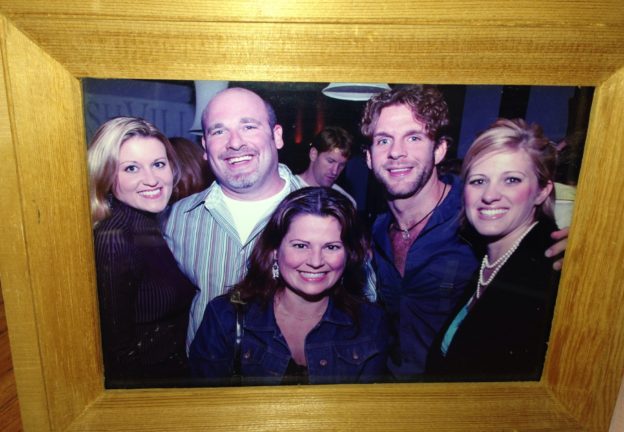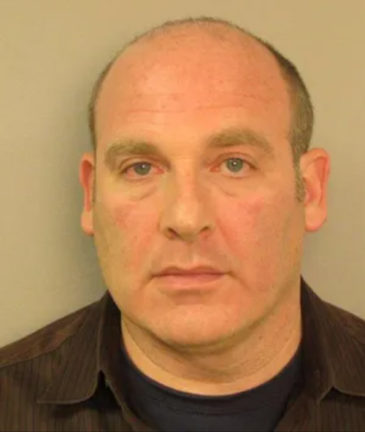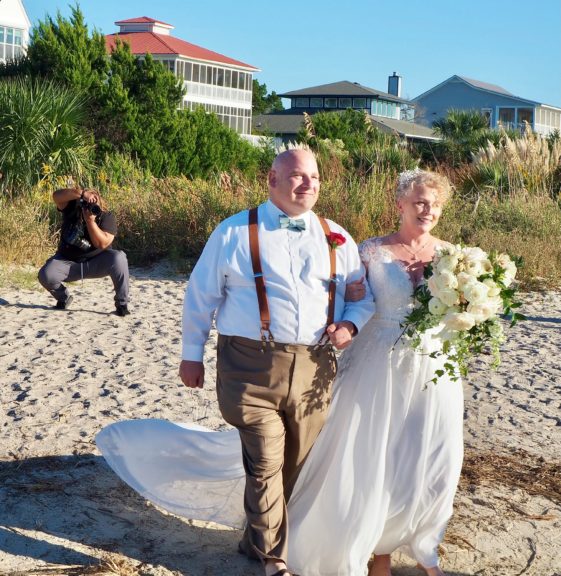Brad Schmitt is a well-known member of the media in Middle Tennessee who is lucky to be alive … and employed. Schmitt speaks candidly in this interview about his life and how owning his decisions have brought him to a new beginning. This emotional conversation touches on the childhood trauma (bullying and abusive parents) that led to his alcohol and drug use and abuse. His redemption came from a support team of friends, 12-step programs, and coping mechanisms that helped him to shape his behavior and live a positive life. In this candid conversation, Schmitt shares his high and low points, offers advice for others, and explains what being a foster parent, and a journalist means to him.

Q. Was your first role at The Tennessean as an entertainment reporter?
No. Like many young reporters who first get to The Tennessean, I was a police reporter. As was, by the way, former Vice President Al Gore when he started at The Tennessean… I was a police reporter/investigator reporter for about five or six years. And then I was writing a lot of internal stuff, like an in-house newsletter, and was goofing around and making fun of the editors and publisher in the newsletter. And they’re like, “let’s have Brad make fun of people outside of the newsroom … we need a celebrity news columnist anyway.” So, that’s how the entertainment news and the celebrity column, Brad About You were born.
Q. Will you tell us a bit about your life and being a survivor including how ACES (adverse childhood experiences) may have influenced your life and decisions?
 I needed that [consequences including losing employment] badly to pick a new path and to be much more open-minded to healing and recovery, which my old self would’ve thought was woo-woo, or a bunch of crap. And my new self thinks, oh, I think we all need healing and recovery. I certainly know that I do. And so, those consequences are what got me into the second arrest and the firing. That’s what got me into recovery.
I needed that [consequences including losing employment] badly to pick a new path and to be much more open-minded to healing and recovery, which my old self would’ve thought was woo-woo, or a bunch of crap. And my new self thinks, oh, I think we all need healing and recovery. I certainly know that I do. And so, those consequences are what got me into the second arrest and the firing. That’s what got me into recovery.
Schmitt goes on to speak about his abusive childhood, the loss of his father, and peer bullying.
Q. What do you do to squeeze the day?
I get up and try to arm myself every day with patience, love, and kindness, by asking a higher power exactly for those things. So, that I may go through the day, whether it is a cranky boss or a cranky teenage foster kid, and be able to meet them with grace and acceptance for exactly where they’re at. I ask God, please don’t let me take this personally today, because it’s never personal. It never is about me. And that’s how I have to squeeze the day, by loading up my patience and acceptance and love for the day, and then meeting whatever it is that comes my way.

This story is about how caring teachers and mentors can create a career, and how losing your way can help you find life’s calling. Schmitt’s interview speaks of unconditional love, friendship, and advocacy that all are part of his recovery. Don’t miss this inspiring interview.

 This Squeeze the Day is brought to you by the All of Us Research Program from the National Institutes of Health. Learn how you can help change the future of health by participating in the program.
This Squeeze the Day is brought to you by the All of Us Research Program from the National Institutes of Health. Learn how you can help change the future of health by participating in the program. 
